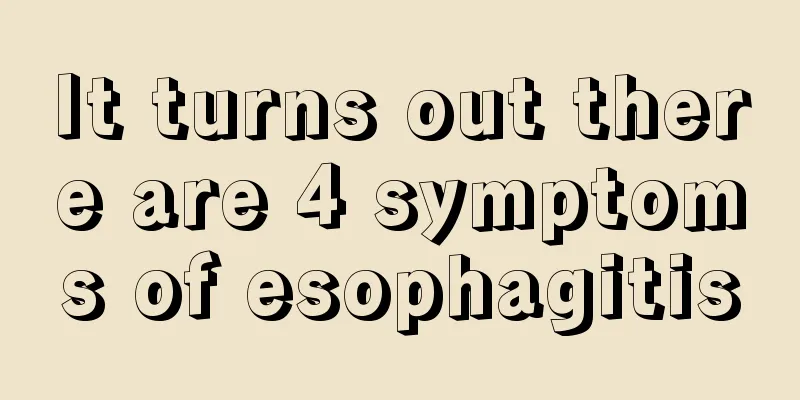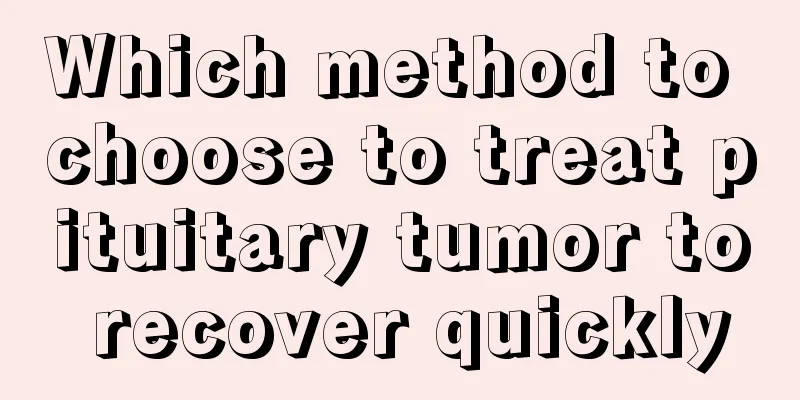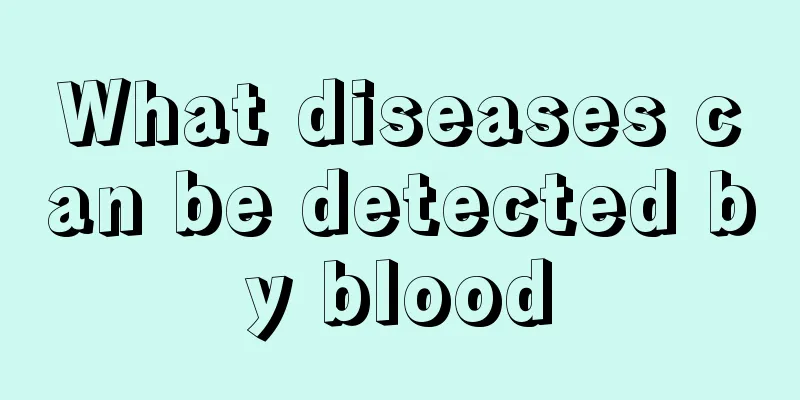It turns out there are 4 symptoms of esophagitis

|
Esophagitis, also known as esophagitis, is an inflammation of the esophageal mucosa caused by water or congestion. It is mostly caused by the consumption of strong alcohol and foods such as strong acids and alkalis, and has a great impact on human health. So what are the symptoms of esophagitis? Most people don’t know much about this, but in fact, difficulty seeing, burning or pain behind the sternum are all symptoms of esophagitis. 1. Burning or pain behind the sternum A burning sensation or pain behind the sternum is the main symptom of this disease. Symptoms usually occur about 1 hour after eating and can be induced by semi-recumbent position, forward bending or strenuous exercise. The severity of the burning sensation is not necessarily consistent with the severity of the lesion. In severe esophagitis, especially in those with scarring, there may be no or only a mild burning sensation. 2. Difficulty swallowing In the early stages, intermittent dysphagia may often occur due to secondary esophageal spasm caused by esophagitis. In the later stage, due to the formation of esophageal scarring and stricture, the burning sensation and burning pain gradually decrease and are replaced by permanent difficulty in swallowing, which may cause a feeling of blockage or pain when eating solid food. 3. Bleeding and anemia If the patient suffers from esophagitis and the condition is serious, the esophageal mucosal erosion will occur, leading to bleeding symptoms, and most of the bleeding is chronic and small. If the bleeding is long-term or heavy, it can lead to iron deficiency anemia. 4. Acid reflux After meals, when lying forward, or sleeping in bed at night, acidic liquid or food refluxes from the stomach and esophagus into the pharynx or mouth. This symptom often appears before the burning sensation or burning pain behind the sternum. Examination for esophagitis 1. Upper gastrointestinal endoscopy (esophagoscopy, gastroscopy) Congestion, edema, surface erosion and shallow ulcers of the esophageal mucosa may be seen. Sometimes esophageal stenosis may be seen, which may hinder the passage of the endoscope. 2. Esophageal barium meal examination The damaged esophageal mucosal folds are rough and disordered, and sometimes small niches, esophageal lumen stenosis, and barium retention can be seen. Diagnosis and differential diagnosis of esophagitis 1. Ask about the medical history in detail and clarify the cause Whether various strong acids and alkalis have been orally ingested (including accidental ingestion); whether irritating drugs have been taken; whether foreign objects such as fish bones have been swallowed, etc. 2. Abnormal findings in esophageal barium meal examination 3. Upper gastrointestinal endoscopy and biopsy The inflammatory changes of the esophageal mucosa can be directly observed, and biopsy tissue can be taken for pathological examination. Traditional treatments for esophagitis For us, when we get sick, we need to seek timely treatment. How should we treat esophagitis? 1. Western medicine treatment Western medicine should be taken under the guidance of a professional doctor. It can relieve symptoms, but it is only a temporary solution and not a permanent cure. After a period of time, due to the influence of lifestyle and diet, esophagitis will quickly return. If you continue to use Western medicine at this time, the body will gradually develop resistance to it. In particular, long-term use of Western medicine has greater side effects on the human body, so you should be cautious when taking Western medicine. 2. Traditional Chinese Medicine Treatment Traditional Chinese medicine treatment for esophagitis is generally some traditional Chinese medicine formulas, which can also produce therapeutic effects, but the treatment process is slow and takes up a lot of time for patients to study and work. 3. Other treatments For critically ill patients who have not responded to medical treatment, fundoplication is generally used. For patients with esophageal stenosis, esophageal dilation is required, and surgical treatment can be given if necessary. It causes pain to patients and a heavy economic burden. |
<<: Heavy metal poisoning actually has so many harmful effects on the human body
>>: How does mercury poisoning occur? Mercury poisoning is caused by this
Recommend
A brief discussion on the symptoms of gallbladder cancer
In recent years, gallbladder cancer has become on...
How to detect anemia through blood test
Anemia has a huge impact on people's bodies. ...
Can lung cancer be cured after it is diagnosed? Lung cancer is often treated with these methods
Lung cancer is a very harmful disease, and the in...
Diet for late-stage prostate cancer
Cancer is the disease with the highest mortality ...
What is the estimated life expectancy of patients with small cell lung cancer
What is the approximate life expectancy of patien...
Is abnormal stool related to colon cancer? You must know the 4 common symptoms of colon cancer
In the current social form, most people are under...
Which is better, frog jump or squat
Frog jumps and squats are two common physical exe...
The shoes rubbed my heels and made them bleed
In order to be comfortable, shoes must fit your f...
How long does it take for shingles blisters to disappear
Shingles is a skin disease that is very common in...
Learn the importance of sharing
The Chinese nation has been a humble and friendly...
How to wash black clothes without fading
Every time I wash clothes and see a basin of fadi...
How to relieve a hangover headache
After drinking too much, some people talk a lot, ...
Is yellow croaker a marine fish?
Yellow croaker is a common marine fish. It has hi...
Life expectancy in late stage of prostate cancer
Prostate cancer often occurs in the posterior lob...
What are the sequelae of kidney cancer
Since many people do not realize the serious harm...









